Aviation – Climate Crisis Challenge
Although the UK government committed to a legally binding target of net zero emissions by 2050 at the Paris Agreement of 2015, there is currently an overwhelming feeling that the British public are arriving at the Climate Change party too late.
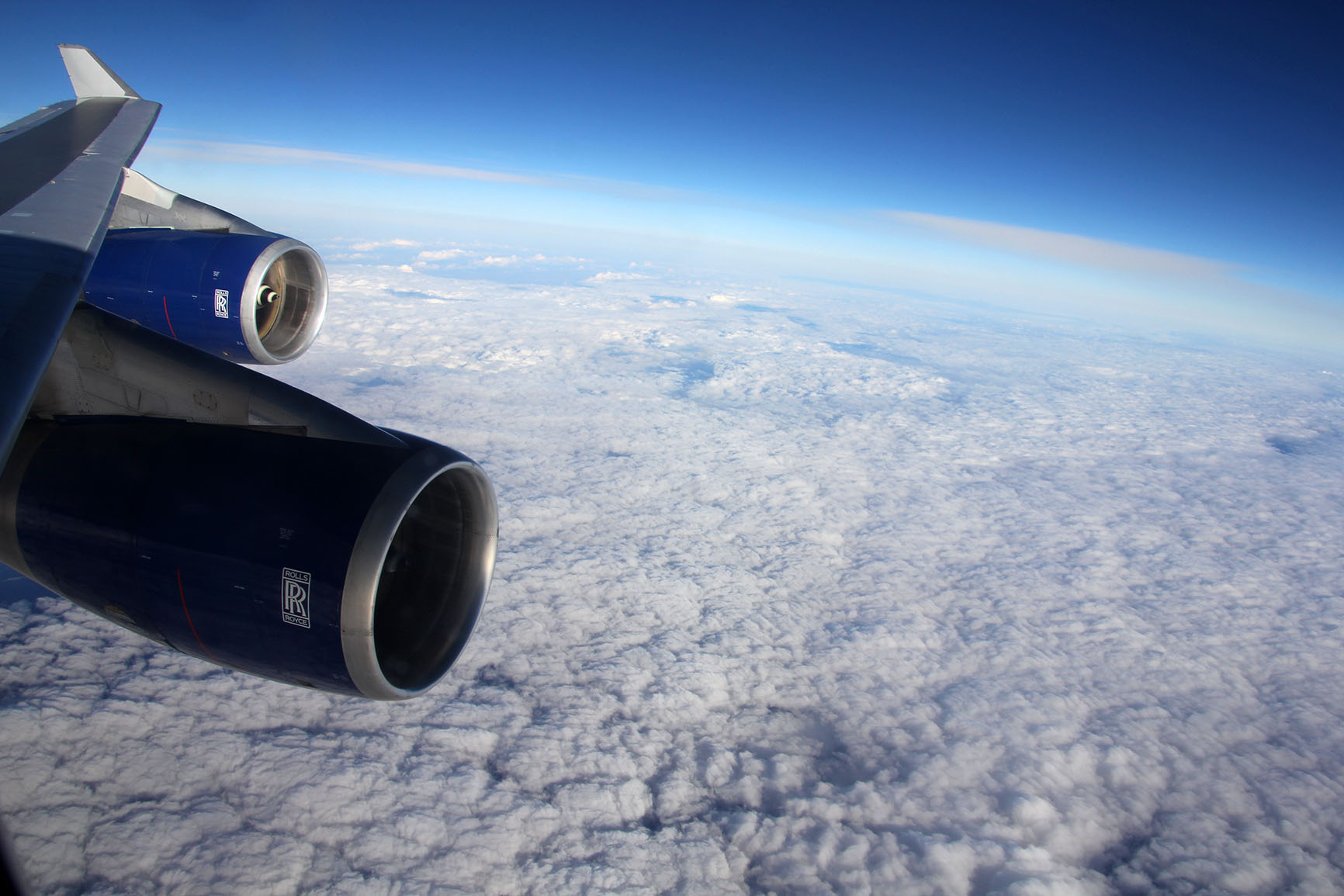
Unfortunately the four years since the Agreement have been consumed by BREXIT, and the nation’s attention has been diverted away from the climate crisis. It has taken the likes of Greta Thunberg’s School Strike for Climate, Extinction Rebellion, flight shame and almost daily reports of climate catastrophes to bring the pressing issue of the world’s perilously excessive CO2 emissions to the fore.
Action and lifestyle changes are now urgently called for. Especially from those of us living in the highly polluted developed world, whose industrialisation, large scale agriculture and deforestation has caused greenhouse gas emissions to rise to such dangerous levels.
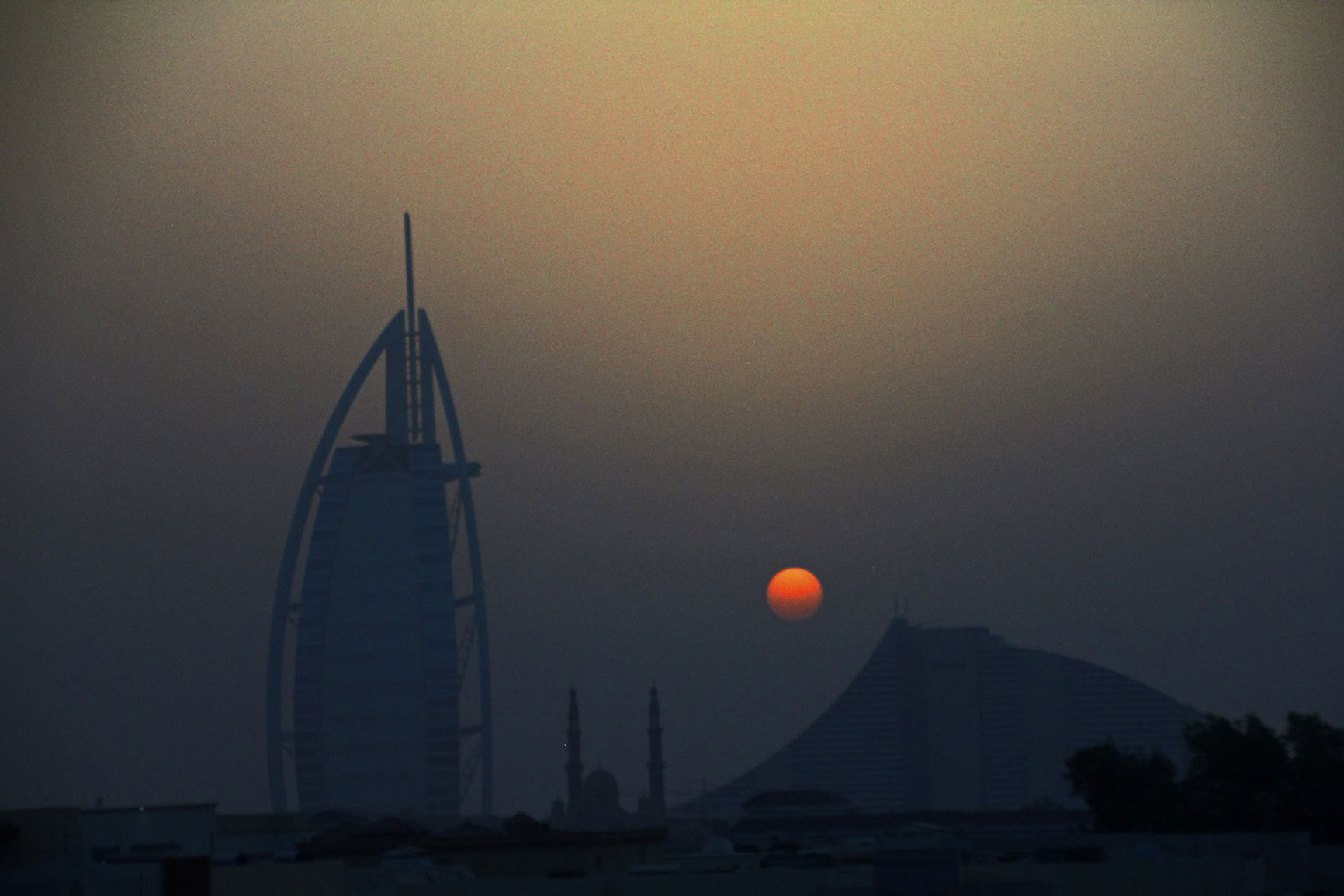
In the travel industry’s case, the impact of aviation has found itself centre stage, and all stakeholders are now forced to address the true impact of flying. As we all evaluate our day-to-day environmental impact, our clients are questioning whether and when it is acceptable, or appropriate, to fly. It is no longer enough to simply sit back comfortably when the Transport Secretary Grant Shapps, says that aviation ‘supercharges our economy, drives prosperity, jobs and tourism and helps promote Britain’s interest globally’. There is a much wider debate over the positive and negative impact of tourism aided by aviation – as highlighted by the UNWTO Sustainable Tourism programme.
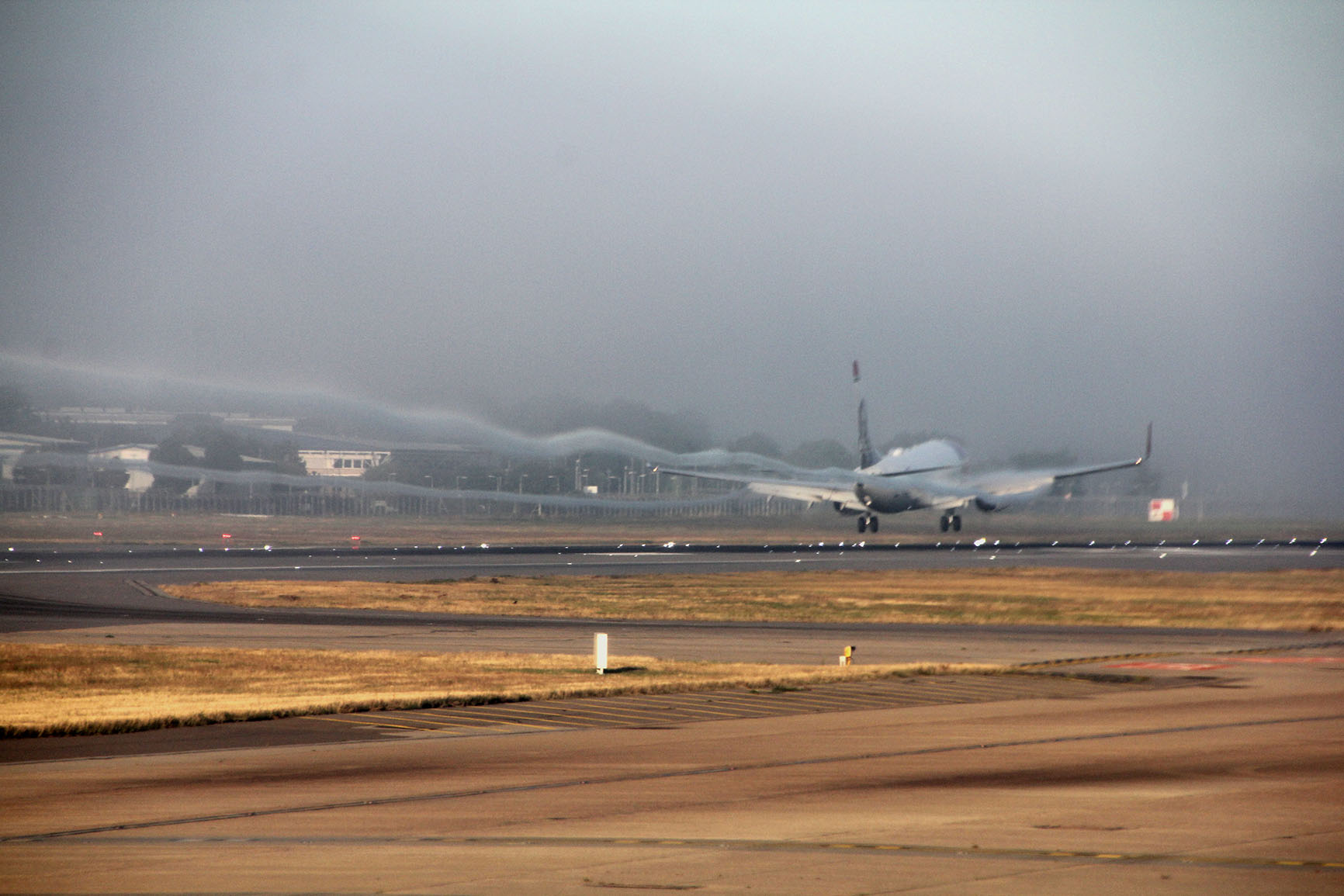
Aviation was responsible for a 32% increase in CO2 emissions from 2013-2018, and now accounts for over 2% of all global discharges. The travel industry needs to decide on the most appropriate way forward.
Positive examples of action over aircraft flight CO2 emission reductions include (a) building plans on new engines being 50% more efficient than 30 years ago; (b) Boeing and Airbus looking at how aircraft can mimic birds’ flight with aircraft following each other to reduce drag and save fuel; (c) advancement in engine technology bringing in the latest gas turbines and bio-fuels; (d) electrification of aircraft flying under 1,500 kms; (e) advancement in aircraft aerodynamics; (f) straight-line flying patterns; (g) reduced holding patterns; (h) constant aircraft landings speeds; (i) more efficient air-traffic control systems; (j) dropping of noncommercial aircraft slots.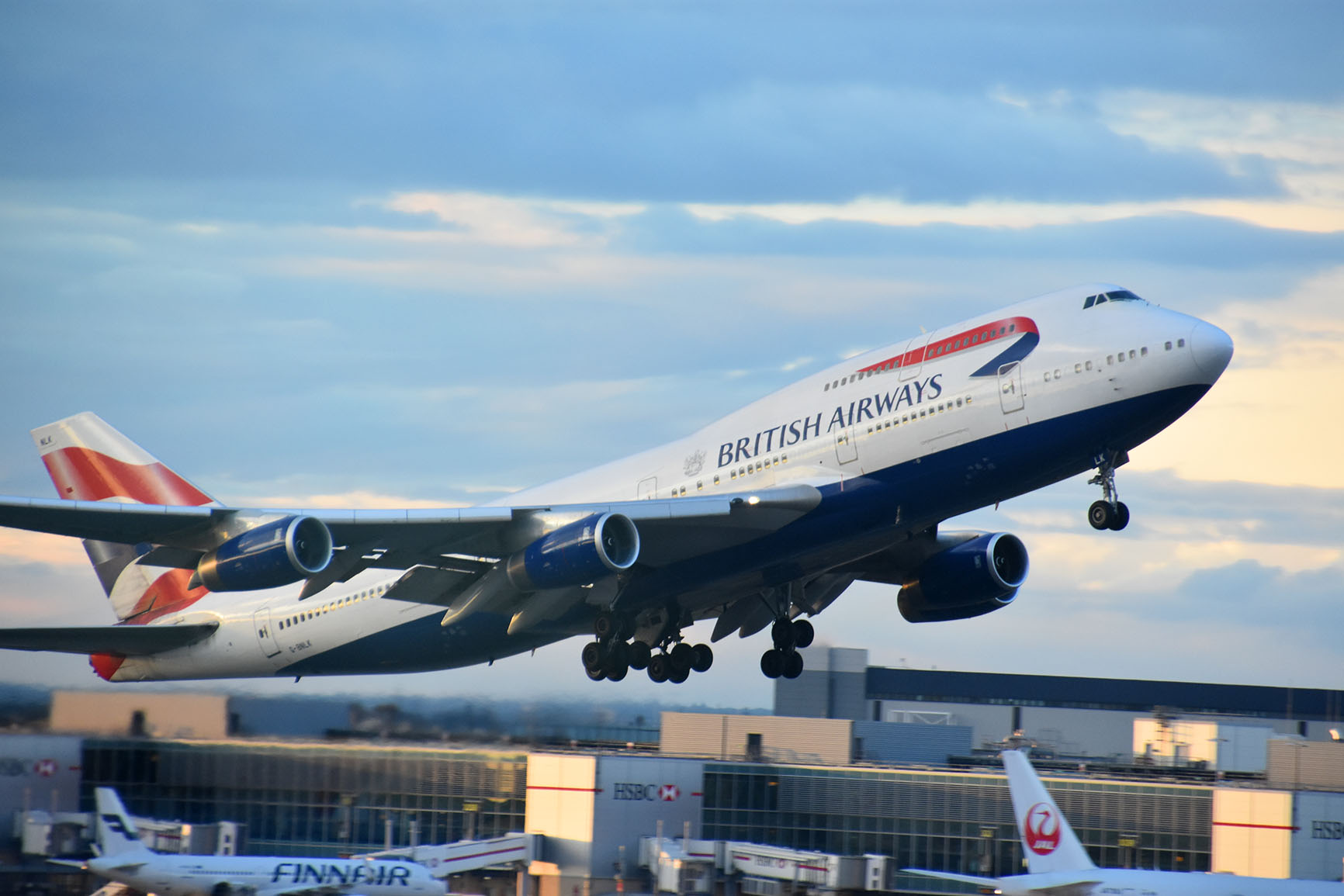
Less positive has been the airlines’ and governments’ lack of action on how best to curb the environmental impact of a projected expansion on global air travel, continuing at 4/5% p.a. with a doubling of passengers every 15 years. China and India are set to build over 300 new airports by 2035, for example.
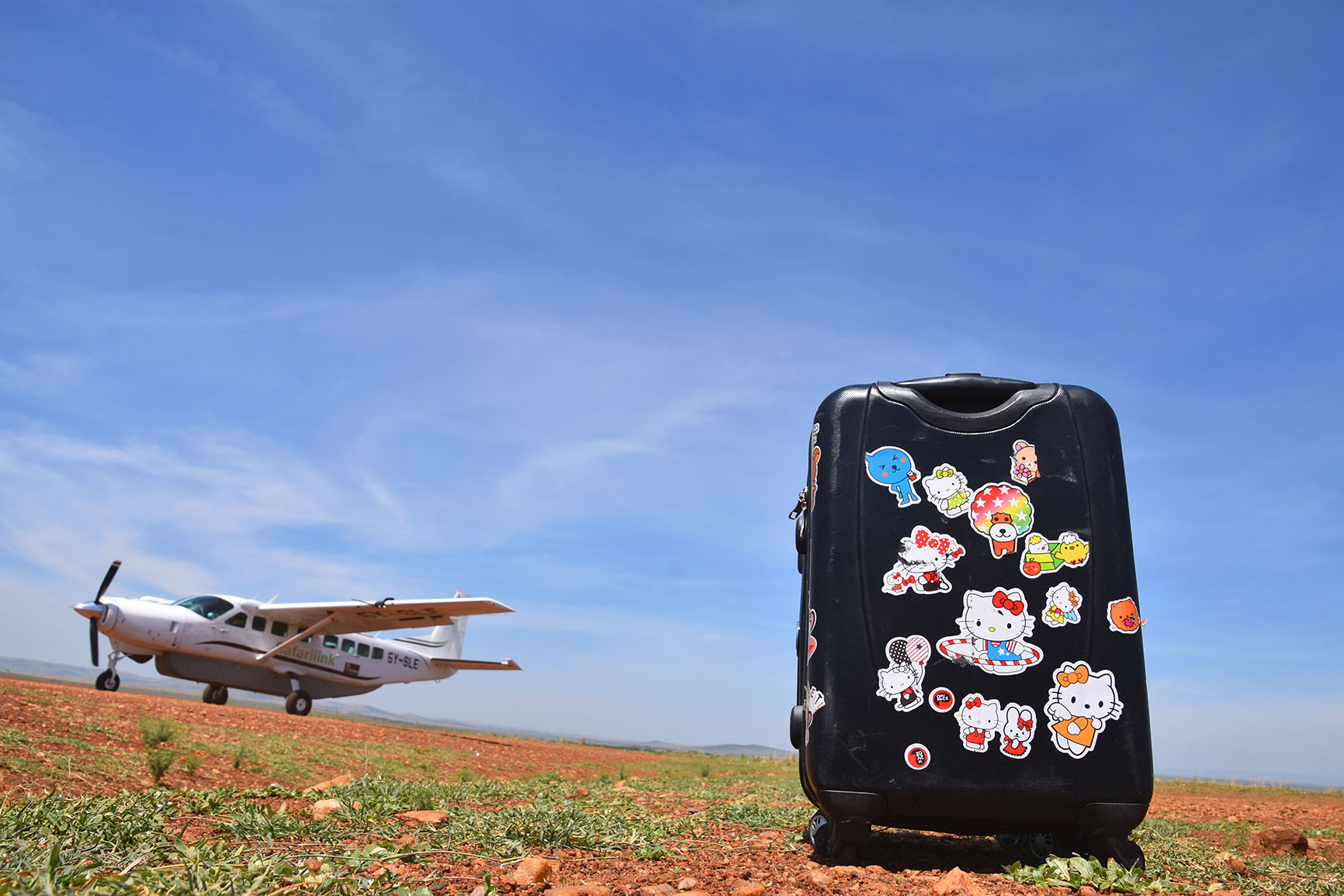
At last week’s AITO (Association of Independent Tour Operators) Overseas Conference in Wroclaw, whilst moderating the Business Sessions I soon realised that there was plenty of energy and interest in addressing the upsurge in consumer criticism, the future of aviation and its impact on climate change. However small we may be in the overall debate, we believe we have to respond to this crisis quickly and appropriately.
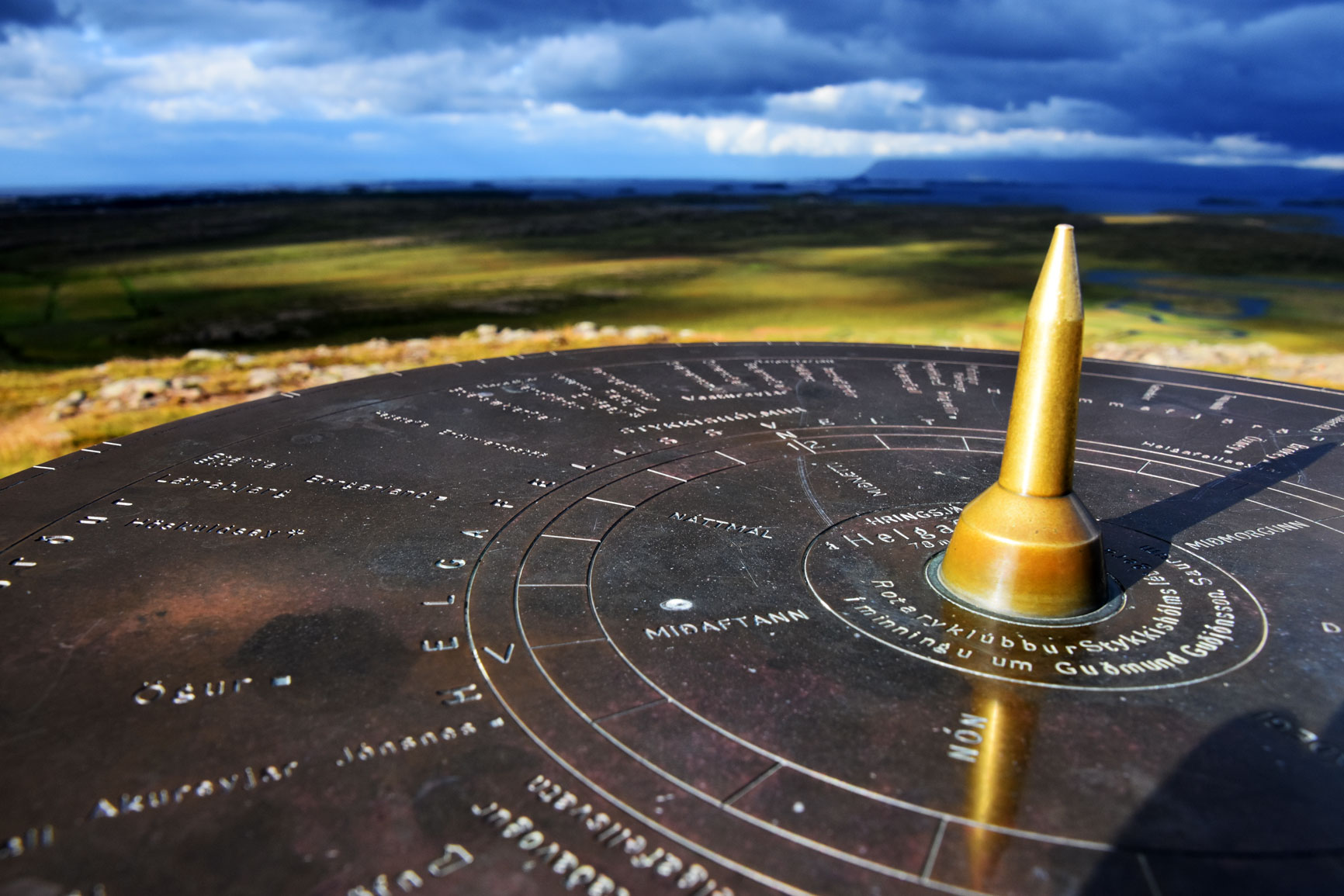
As first steps, fellow members of AITO (including us at Nomadic Thoughts) have decided to set up a think tank to address the debate on climate change.
May ‘The Force’ be with us. Eyes on .. watch this space.

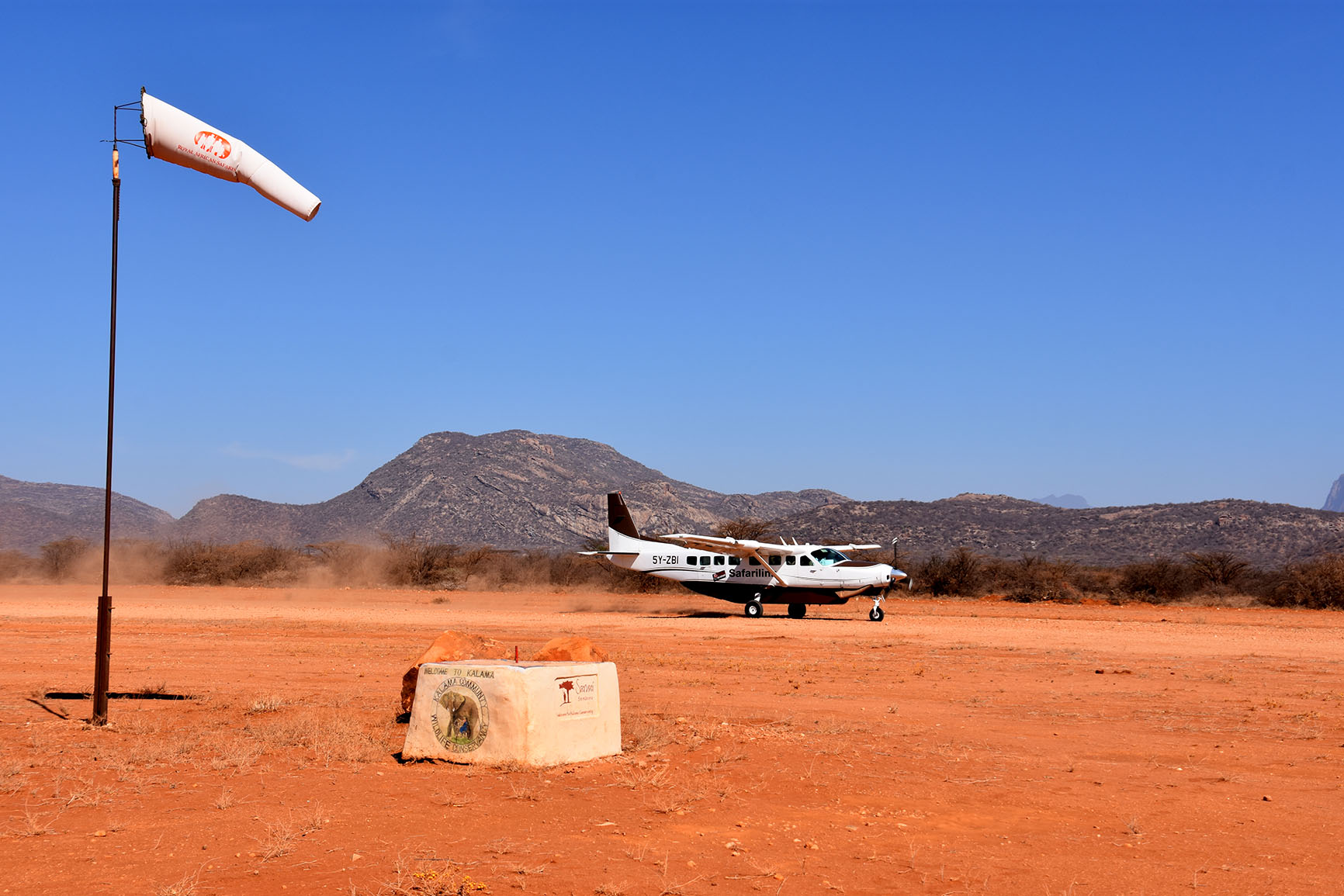








In the case of why AITO chose to embark on a conference in Wroclaw, the belief is that by engaging, visiting and learning about a destination so keen to embrace the positive impact of tourism, we as tour operators and travel agents, can assist in enhancing what was for many a new and under-discovered destination.
Whilst I believe all those associated with AITO believe that ‘tourism is a force for good’ and that by further engaging and ultimately promoting an exciting destination such as Wroclaw, all stakeholders will benefit, I am also aware that the collective membership is keen to address, rather that turn away from, the debate on aviation’s impact on the global climate.
The choice of how best to travel to a short, or long haul, destination is obviously with the individual traveller. In Wroclaw’s case I chose to fly from London and was pleased to note that both outbound and inbound flights were at full capacity. How best to furthermore, at the very least, offset the carbon footprint as well as decide on a format for future flight sustainability, I am aware needs further investigation.
Certainly, I don’t know the answers and as a travel trade association the reason AITO are so keen to set up a think tank on the issue of ‘aviation & CO2 emissions’ is that we collectively want to understand the most appropriate way forward. In addition to hopefully bringing a wider range of travel industry stakeholders to the debate.
Whilst we presumably all believe is not appropriate to take the ostrich approach, with head in the sand, the job of deciding on how much of a lifestyle change we need to make should be tackled by everyone, across the travel industry as well as the wider society.
Without doubt the compliance of science is essential. For example, the NASA Global Climate Change, Intergovernmental Panel on Climate Change, UN and World Tourism Organization sites make for interesting reading with information on what is happening here and now in real time.
Kind regards – Jono
It is extremely difficult to travel long distances without catching a flight, especially if you have constrained timelines due to work commitments. If serious why did AITO hold conference in Wroclaw?